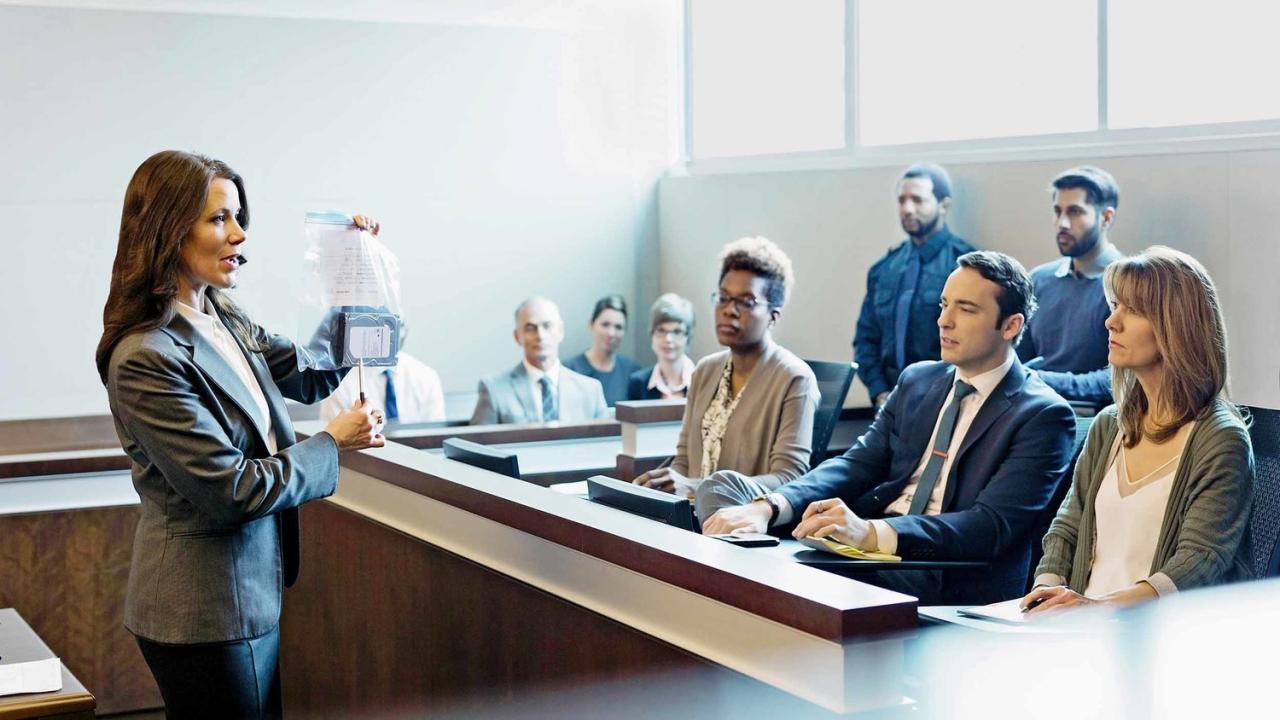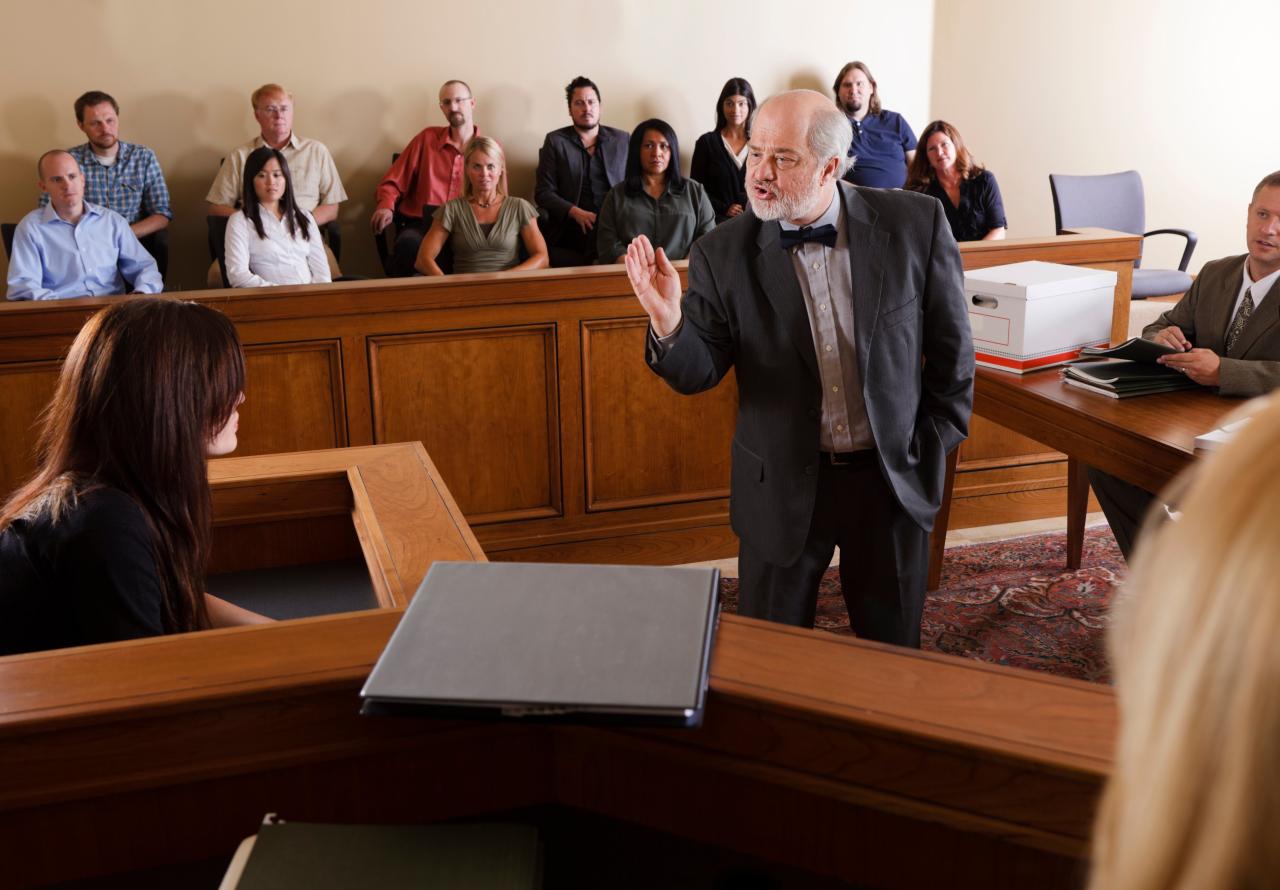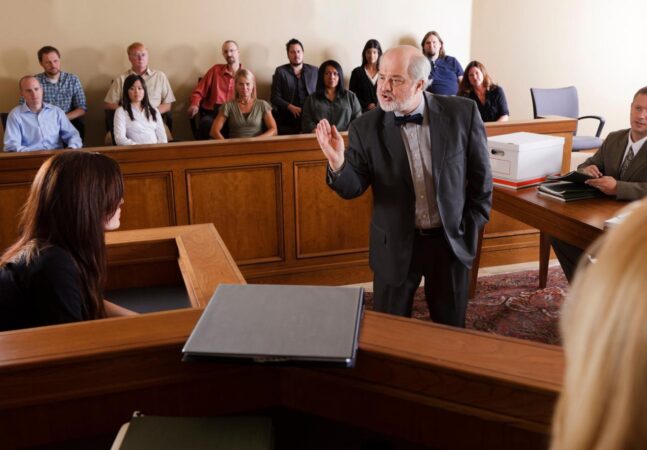
Criminal Defense Overview

Criminal defense lawyers are legal professionals who represent individuals accused of crimes. They provide legal guidance, protect their clients’ rights, and advocate for their best interests throughout the criminal justice process.
Defense lawyers handle various types of criminal cases, ranging from misdemeanors to serious felonies. These include:
– Drug offenses
– Theft and property crimes
– Violent crimes
– White-collar crimes
– Traffic violations
Hiring a criminal defense lawyer is crucial for protecting your legal rights. When facing criminal charges, it is essential to seek legal representation as soon as possible. A skilled defense lawyer can:
– Explain your rights and charges
– Investigate the case and gather evidence
– Negotiate with prosecutors
– Represent you in court
– File appeals if necessary
Legal Strategies and Procedures
Criminal defense lawyers employ a wide range of strategies to protect their clients’ rights and interests. These strategies include:
- Filing motions: Defense lawyers can file motions to suppress evidence, dismiss charges, or request a change of venue. These motions can be used to challenge the prosecution’s case and improve the chances of a favorable outcome for the client.
- Negotiating plea agreements: In many cases, criminal defense lawyers can negotiate plea agreements with the prosecution. These agreements typically involve the defendant pleading guilty to a lesser charge in exchange for a reduced sentence.
- Preparing for trial: If a plea agreement cannot be reached, the case will go to trial. Defense lawyers will prepare their clients for trial by conducting investigations, interviewing witnesses, and developing legal arguments.
Plea Negotiations
Plea negotiations are an important part of the criminal justice system. They allow defendants to avoid the risks of trial and receive a more favorable sentence. However, it is important to note that plea negotiations are not always in the best interests of the defendant.
Before entering into a plea agreement, defendants should carefully consider the following factors:
- The strength of the prosecution’s case
- The potential sentence if convicted at trial
- The potential sentence if convicted pursuant to the plea agreement
- The defendant’s personal circumstances
Trials
If a plea agreement cannot be reached, the case will go to trial. Trials are adversarial proceedings in which the prosecution and defense present their evidence and arguments to a jury. The jury will then decide whether the defendant is guilty or not guilty.
Trials can be complex and time-consuming. They can also be stressful for the defendant and their family. However, trials are also an important part of the criminal justice system. They allow defendants to have their day in court and present their case to a jury.
Ethical Considerations
As criminal defense lawyers, we have a profound ethical responsibility to zealously represent our clients within the bounds of the law. Our actions are guided by a strict code of ethics that ensures the integrity of the justice system and protects the rights of the accused.
Attorney-Client Privilege
The attorney-client privilege is a fundamental pillar of our legal system. It protects confidential communications between a lawyer and their client, allowing for open and honest discussions that are essential for effective representation. This privilege is crucial for ensuring that clients feel comfortable sharing sensitive information with their lawyers, which is necessary for the preparation of a strong defense.
Representing Clients with Unpopular Views
One of the most challenging ethical dilemmas we face is representing clients with unpopular or controversial views. As lawyers, we are obligated to defend our clients regardless of their personal beliefs or the public’s opinion. We must remain impartial and focus on providing the best possible legal representation, even if it means defending someone who has been accused of a heinous crime.
Effective Advocacy

Effective criminal defense lawyers possess a unique blend of skills and qualities that enable them to zealously represent their clients and achieve favorable outcomes in criminal cases.
These include:
- Exceptional legal knowledge and courtroom experience
- Strong analytical and problem-solving abilities
- Empathy, compassion, and the ability to connect with clients
- Excellent communication and persuasion skills
- Attention to detail and meticulous case preparation
Successful Advocacy in Criminal Cases
Successful advocacy in criminal cases involves:
- Vigorously challenging the prosecution’s case
- Negotiating plea agreements that protect the client’s interests
- Effectively representing clients at trial and appellate levels
- Providing compassionate and supportive guidance throughout the legal process
Building a Strong Defense for Clients
Building a strong defense for clients requires:
- Thoroughly investigating the case and gathering evidence
- Identifying and interviewing witnesses
- Developing a persuasive legal strategy
- Collaborating with experts to support the defense
- Effectively presenting the case in court
Client Management and Communication
Effective client management and communication are crucial in criminal defense. Establishing trust and maintaining open communication foster a strong attorney-client relationship, enabling the attorney to provide tailored advice and effectively represent the client’s interests.
Managing client expectations is vital. Attorneys should provide realistic assessments of potential outcomes, avoiding false promises or overly optimistic projections. Transparent communication helps clients make informed decisions and prepare for possible scenarios.
Dealing with Difficult or Uncooperative Clients
Attorneys may encounter clients who are difficult to communicate with or uncooperative. It’s essential to approach these situations with patience and professionalism.
- Active Listening: Engage with the client, demonstrating understanding and empathy, even when they are expressing difficult emotions.
- Clear Boundaries: Establish clear expectations regarding communication frequency, availability, and response times to prevent misunderstandings.
- Third-Party Intervention: In some cases, involving a trusted third party, such as a therapist or family member, can facilitate communication.
- Withdrawal from Representation: As a last resort, if communication remains impossible, the attorney may consider withdrawing from representation after carefully considering ethical obligations and the client’s best interests.
Trial Preparation and Execution
Trial preparation and execution are critical aspects of criminal defense, requiring meticulous planning and strategic execution. Effective trial preparation involves organizing a comprehensive checklist, detailing the steps for jury selection, witness preparation, and developing persuasive opening statements, closing arguments, and cross-examination strategies.
Jury Selection
Selecting a fair and impartial jury is paramount to ensuring a just trial outcome. This involves carefully evaluating potential jurors during voir dire, using challenges to remove biased individuals and ensure a jury that can render a verdict based solely on the evidence presented.
Witness Preparation
Thorough witness preparation is essential for eliciting credible and persuasive testimony. Defense attorneys must work closely with witnesses to prepare them for direct examination, cross-examination, and potential impeachment. This includes reviewing their testimony, anticipating potential challenges, and developing strategies to minimize the impact of any weaknesses.
Opening Statements and Closing Arguments
Opening statements and closing arguments provide opportunities to frame the case and persuade the jury. Defense attorneys should craft compelling narratives that establish the client’s innocence or mitigating circumstances. Opening statements should provide a roadmap for the trial, while closing arguments should summarize the evidence and urge the jury to reach a favorable verdict.
Cross-Examination Strategies
Effective cross-examination involves challenging witnesses to expose inconsistencies, weaknesses, or biases. Defense attorneys should prepare thoroughly, anticipate potential responses, and develop strategies to undermine the prosecution’s case while maintaining a professional and ethical demeanor.
Sentencing and Post-Conviction Issues
The aftermath of a criminal conviction can be just as complex and challenging as the trial itself. This section delves into the intricacies of sentencing decisions and post-conviction relief, providing guidance on how to effectively represent clients in these critical stages.
Sentencing decisions are influenced by a myriad of factors, including the severity of the crime, the defendant’s criminal history, and the presence of mitigating circumstances. Understanding these factors is crucial for crafting a persuasive sentencing argument that advocates for a fair and just outcome.
Post-Conviction Relief
Even after a conviction, defendants may have options for post-conviction relief. These include appeals, which challenge the validity of the conviction or sentence, and parole hearings, which offer the possibility of early release from prison. Navigating these complex processes requires a deep understanding of the legal system and the ability to present a compelling case on behalf of the client.
Emerging Trends and Challenges

The field of criminal defense law is constantly evolving, with new trends and challenges emerging all the time. These trends can have a significant impact on the way that criminal cases are investigated, tried, and resolved.
One of the most significant trends in recent years has been the increasing use of technology in criminal investigations and trials. This includes the use of DNA evidence, digital forensics, and social media data. Technology can be a powerful tool for law enforcement, but it can also create new challenges for criminal defense lawyers.
The Impact of Technology
The use of technology in criminal investigations and trials has had a number of significant impacts on the way that criminal cases are handled.
- Increased efficiency: Technology can help to streamline the criminal justice process, making it more efficient and cost-effective.
- Improved accuracy: Technology can help to improve the accuracy of criminal investigations and trials, by providing more reliable evidence.
- New challenges: Technology can also create new challenges for criminal defense lawyers, who must now be familiar with the latest technologies and their potential implications for their clients.
Challenges Facing Criminal Defense Lawyers
In addition to the impact of technology, criminal defense lawyers are also facing a number of other challenges in the current legal landscape.
- Increased caseloads: The number of criminal cases being filed has been increasing in recent years, which has led to increased caseloads for criminal defense lawyers.
- Reduced funding: Funding for criminal defense services has been decreasing in recent years, which has made it more difficult for criminal defense lawyers to provide adequate representation for their clients.
- Changes in the law: The criminal justice system is constantly evolving, with new laws and regulations being passed all the time. This can make it difficult for criminal defense lawyers to stay up-to-date on the latest changes.





